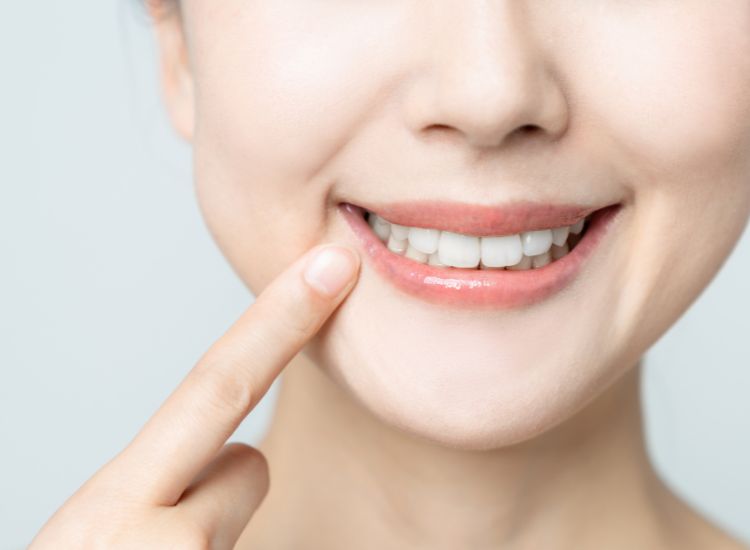Dealing with Tooth Sensitivity
Dealing with Tooth Sensitivity: Tips for Managing Discomfort and Pain
Tooth sensitivity can cause discomfort, impacting your quality of life and oral health. Finding relief from sensitivity to various foods and drinks is essential for restoring comfort and confidence. As the top dental provider in Colorado Springs, Kissing Camels Family Dentistry helps you manage tooth sensitivity and regain oral health control.
Understanding Tooth Sensitivity
Tooth sensitivity, or dentin hypersensitivity, happens when dentin is exposed due to enamel erosion, receding gums, or dental issues like cavities. Dentin, unlike enamel, has microscopic tubules connecting to tooth nerves, making it sensitive to temperature and acidic foods.
Common triggers of tooth sensitivity include
- Hot or cold foods and beverages
- Sweet or sugary foods
- Acidic foods and drinks
- Brushing or flossing
- Air exposure (such as breathing in cold air)
Managing Tooth Sensitivity
Though challenging, you can employ strategies to ease tooth sensitivity and safeguard your teeth. Here are some tips for managing tooth sensitivity effectively:
Practice Good Oral Hygiene: Maintaining proper oral hygiene habits is crucial for managing tooth sensitivity. Brush gently with a soft-bristled toothbrush and fluoride toothpaste, covering all tooth surfaces and the gumline.
Floss daily to remove plaque and debris, reducing the risk of gum recession and enamel erosion.
Use Desensitizing Toothpaste:
Desensitizing toothpaste blocks pain signals by containing ingredients like potassium nitrate or strontium chloride. Use desensitizing toothpaste regularly as part of your oral hygiene routine to provide ongoing relief from tooth sensitivity.
Avoid Acidic Foods and Beverages: Acidic foods and drinks like citrus fruits, tomatoes, soda, and wine worsen tooth sensitivity by eroding enamel and exposing dentin. Limit acidic foods and drinks, then rinse with water to neutralize acid and reduce tooth sensitivity.
Wear a Night Guard:
For night-time teeth grinding (bruxism), wearing a night guard protects against wear and sensitivity.
A custom night guard from your dentist cushions teeth, reducing grinding impact and preventing enamel and dentin damage.
Visit Your Dentist Regularly: Regular dental checkups are essential for monitoring your oral health and addressing any underlying issues that may contribute to tooth sensitivity. Your dentist identifies sensitivity causes and suggests treatments like fluoride, sealants, or restorative procedures.
Consider Fluoride Treatments: Fluoride treatments strengthen enamel and lessen tooth sensitivity. Fluoride remineralizes the enamel, making it more resistant to acid erosion and reducing sensitivity to temperature changes and other triggers.
Address Gum Recession: If gum recession causes sensitivity, your dentist might suggest treatments like gum grafting to restore lost tissue and cover exposed roots. This can help alleviate sensitivity and protect the underlying dentin from further exposure.
Contact Us
Tooth sensitivity can be a frustrating and uncomfortable condition, but with the guidance of the best dentist in Colorado Springs, Kissing Camels Family Dentistry, you can effectively manage your symptoms and improve your oral health. Follow oral hygiene, use desensitizing toothpaste, avoid acidity, wear a night guard, and seek dental care for relief from tooth sensitivity and a pain-free smile. Don’t let tooth sensitivity hold you back – schedule a consultation with us today and take the first step towards a happier, healthier smile.



